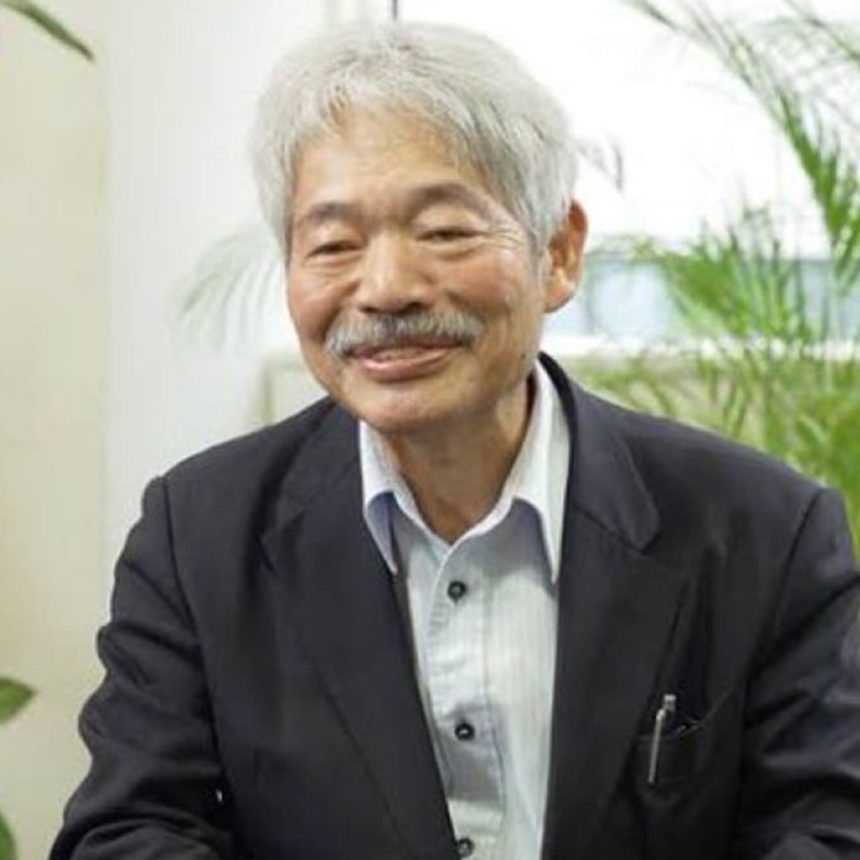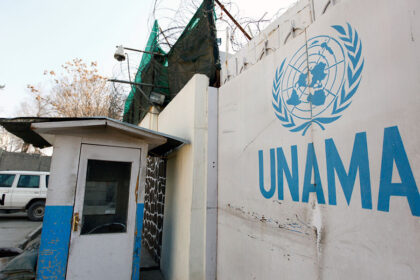RASC News Agency: For four decades, the British intelligence leader, known as Mullah Lang, has served as a preacher and mosque imam in the central mosque of Pul-e Khishti in the capital. Concurrently, the three-decade-long presence of the Japanese spy Nakamura in Nangarhar highlights the dependence of the country’s political elite on external intelligence apparatuses. This underscores a lack of understanding and political sensitivity, sentiments that go unnoticed by the populace regarding such spies.
While Japan’s role in Afghanistan may not be widely acknowledged, it has been a significant player since the fall of the initial Taliban government, ranking second in financial assistance after the United States. Following the establishment of the new government under Hamed Karzai, Japan led the implementation of the DDR (Disarmament, Demobilization, and Reintegration) program, integrating former mujahideen or members of the Northern Alliance.
Politically, Japan played a crucial role in dissolving military factions that opposed the Taliban regime for years. The country’s political diplomacy in Afghanistan is discreet, staying out of the public eye, resulting in less recognition as a prominent player among the general public. Tetsu Nakamura, a Japanese citizen, seemingly engaged in agricultural projects unrelated to his medical specialization for thirty years in Nangarhar, establishing himself as a trusted figure among the local population.
This Japanese citizen, with a medical background, outwardly occupied himself with strenuous agricultural tasks unrelated to his professional expertise. Nonetheless, for thirty years of his presence in Nangarhar, his primary duty was espionage for his country, advancing some of its political objectives in Afghanistan. Nakamura did not disclose how the hefty expenses of constructing canals and agricultural lands were covered, and during his thirty years of activity, no security agency inspections took place.
Although Tokyo’s interests in Afghanistan during the republic’s government were not widely calculated by internal players, Japan pursued a cautious approach in terms of reactions and statements about Afghanistan’s situation to safeguard its economic interests in the region. The extensive presence of foreign spies, frequently mentioned by high-ranking intelligence officials and the media during the republic’s regime, was part of the intelligence games in the region and the world, each managing the situation in Afghanistan for its own national interests.
Based on the findings of this report, among the regional and global countries, Japan, through initiating public projects like agriculture and mining, monitored some aspects of Afghanistan by individuals and entities linked to it, such as Nakamura. Japan’s intelligence presence, alongside China, has been described as being in the political loop, albeit criticized in political circles. However, the twenty-year Afghanistan government authorities did not pay much attention to the slow political activities of this country, nor the extensive intelligence operations in Afghanistan by external actors.
According to political analysts, Japan, as a country with the experience of devastating war and defeated by the U.S. military, initiated a dual-sided role in Afghanistan, aligning closely with both the United States and the Taliban. In the belief of experts, the primary reason for Japan’s engagement with the Taliban was to exert pressure on the United States and its allies in Afghanistan. Therefore, the country currently maintains a close connection with the Taliban.
In the latest development, Japan’s ambassador in Kabul, in a meeting with the deputy head of the Taliban’s Political Office, stated that “normal relations with the Islamic Emirate are in the interest of Afghanistan and the world, and Japan is ready to cooperate in this regard.” Recently, a Japanese newspaper reported that Norio Owa, a retired Japanese engineer, intends to continue the humanitarian activities of Tetsu Nakamura in Afghanistan. According to reports, this Japanese engineer previously collaborated with Nakamura on reconstruction projects.
Nakamura, in 2003, successfully won the “Ramon Magsaysay Award” in the Peace and International Understanding category, considered by many as the “Nobel Prize of Asia,” for his years of efforts in providing food and medical services to Afghanistani refugees in Pakistan. According to political analysts, the covert groundwork of foreign spies in Afghanistan, with close connections to regional and global intelligence networks, began from the presidential palace and permeated through to the lowest levels of society, facilitating anti-government activities.
During that time, Abdul Rashid Dostum, who held the position of First Deputy to the President, sharply criticized the presence of spies from the ISI and other foreign agencies in the country, stating, “Why don’t you arrest the spies?” Following widespread criticism of the activities of foreign spies, the Ashraf Ghani government arrested ten Chinese nationals on charges of espionage in Kabul. Weapons, ammunition, and explosives were recovered from them. According to information about the detained spies, with the mediation of Pakistan’s ISI, they were connected to the Haqqani network associated with the Taliban, procuring dangerous bombs for this network.






